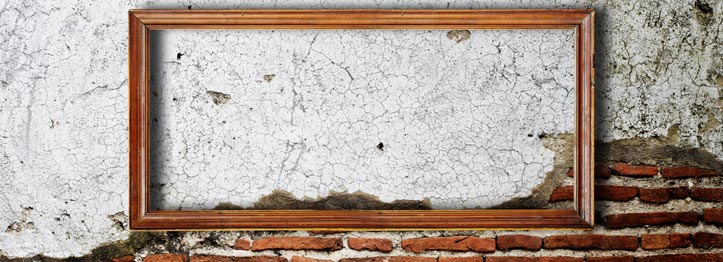
Being a landlord in Katy, Texas isn’t a simple job. You’re not just managing a property – you’re continually managing your relationship with your tenant(s). For example, fixing a broken toilet may seem like a simple maintenance task, but how fast you make that repair can make or break your tenant’s trust.
Tenants expect their landlords to make fast repairs when the situation impacts their daily life. One of the top things tenants expect from their landlords is to be provided with a safe property. While some things are out of your control, take special care to mitigate the following invisible threats to your tenants.
Mold and mildew pose a serious threat to human health under certain circumstances. While not all types of mold are life-threatening, a large amount of mold can pose a major health risk to your tenants. Mold in the house can cause the following symptoms:
There are several ways your property can end up with a mold and mildew problem. It starts when spores enter the house through windows, doorways, and ventilation systems. Once mold spores get into the walls, the problem can grow quickly when left untreated. The most common way that mold grows is through leaks that channel water into the walls. When water sits for days, weeks, months, or even years, mold and mildew are inevitable.
While you can’t control what your tenant does inside the property, if a tenant reports a leak or the beginning of a mold problem, handle the issue immediately. Don’t wait to fix leaks or water damage because waiting is an invitation for mold to grow.
All mold problems should be handled by a professional. Don’t try to fix the problem yourself because you could make it worse, or you might not realize you’re dealing with a particularly dangerous form of mold (like black mold).
Radon is an invisible, radioactive gas that can pose a health hazard if it ends up in your rental property. If you know radon is present in the home, even if it’s discovered during an inspection, you’re legally required to disclose that information to the tenant.
It’s also a wise move to perform regular radon testing to make sure your property remains free from this invisible hazard. Testing for radon isn’t a DIY job and needs to be performed by a professional. The presence of radon could make you liable for damages if the amount of radon classifies your property as “uninhabitable.”
There is only one way to protect your tenants from carbon monoxide gas: a carbon monoxide detector. You can get a carbon monoxide detector as a separate unit or one that is included with a smoke detector.
Check in with a lawyer to find out if you’re legally required to install a carbon monoxide detector along with a smoke detector in Katy. Either way, regardless of your legal responsibility, do the right thing and install both smoke detectors and carbon monoxide detectors for your tenants.
Although they don’t mean to be, termites are destructive. Termites eat wood because they’re after the cellulose and other plant materials found in the wood. That’s bad news for your property. Termites have been known to do some serious structural damage to properties and can destroy homes beyond repair.
Always make sure to get an annual termite inspection on your property. Don’t leave it up to the tenant. If your tenant complains about termites, schedule an inspection immediately and handle the problem without hesitation.
To prevent termite issues from the start, use types of wood that termites won’t eat. For example, composite woods, pressure-treated wood, heartwood, redwood, and Alaskan cedar are all popular termite-resistant woods. Additional termite-resistant woods include:
A leaky roof can start off as a small drip and escalate to filling a bucket in a short period of time. Leaks that channel water into the walls can cause damage to insulation and drywall among other potential problems.
Water damage is never fun or easy to fix. The longer the problem remains, the harder it is to repair. Anytime a tenant reports water damage, fix it as fast as possible. All water damage should be your top repair priority no matter how small the leak seems to be.
At some point you’ll have to deal with hornet and wasp nests located in areas you can’t just spray. For instance, sometimes wasps make their way into the walls and hornets can build nests inside buildings like storage sheds.
If a tenant calls you to report a wasp or hornet problem, call an exterminator right away. It’s possible that you might be able to handle the situation yourself, but if the nest is in the wall or in a crawl space, you’ll need an exterminator to use a long nozzle to spray the entire nest.
By handling it yourself, you risk an incomplete attempt at killing off the hive. When you call an exterminator, they guarantee their work. If more wasps show up a few hours later to rebuild the hive, the exterminator will come back and reapply the poison.
Another benefit to paying an exterminator is that they can potentially use a powder that is non-toxic to humans and pets to kill certain types of wasps like yellow jackets. They can also recommend traps to place around your property to keep the problem at bay.
By keeping up with all necessary inspections and repairs, you’re telling your tenants you care about their health and safety. Make their safety a priority and they’ll respect and trust you even more.
